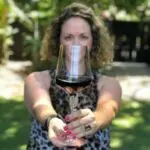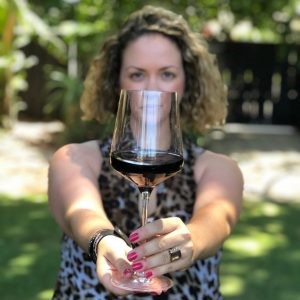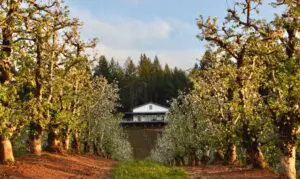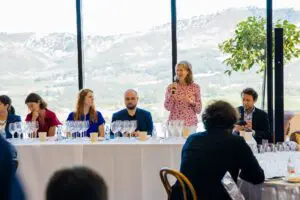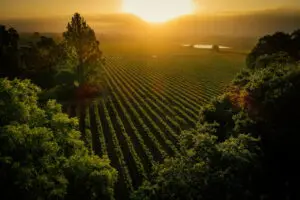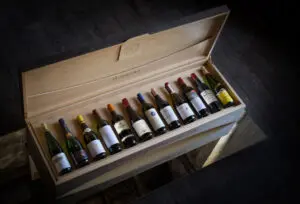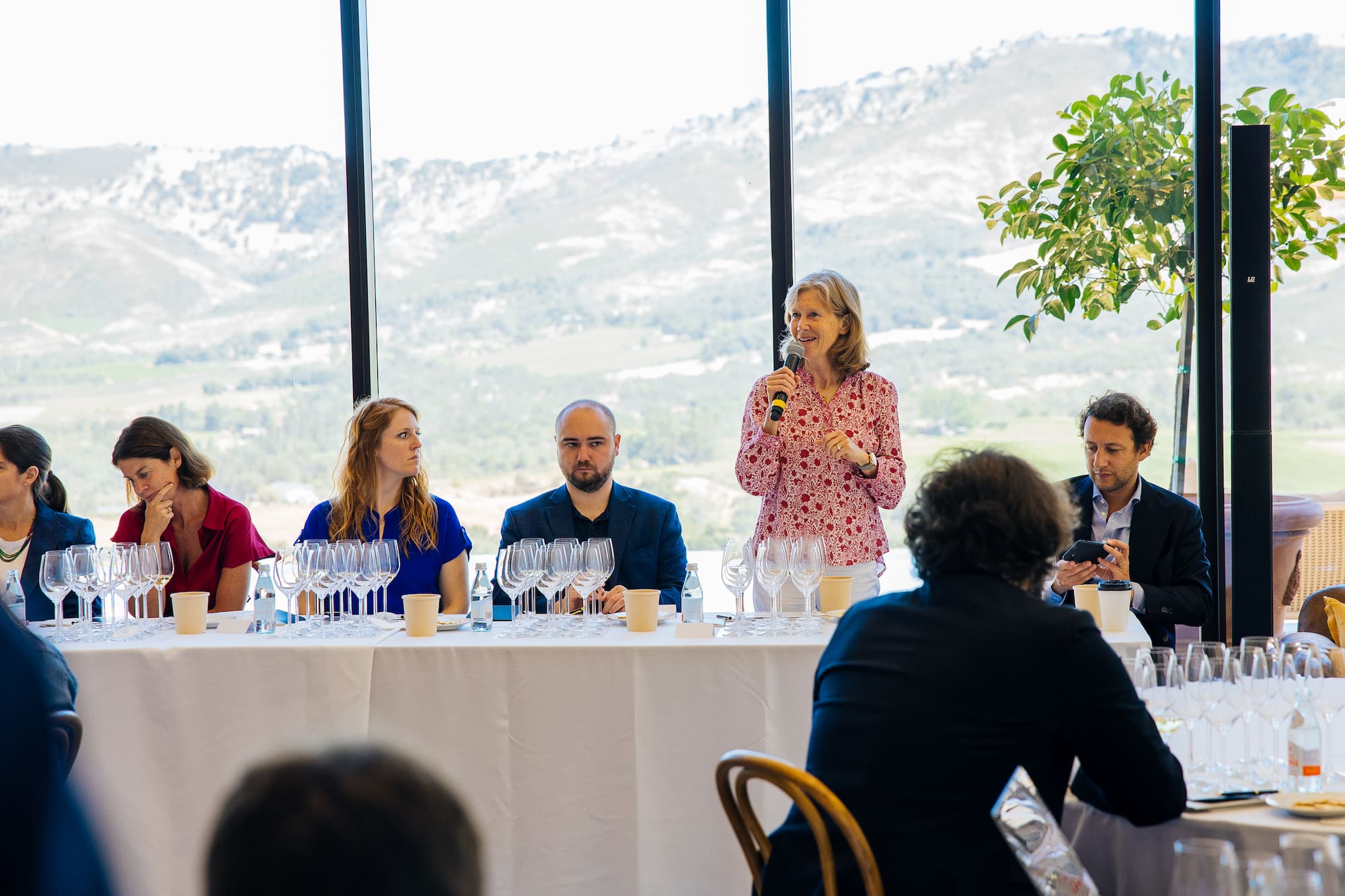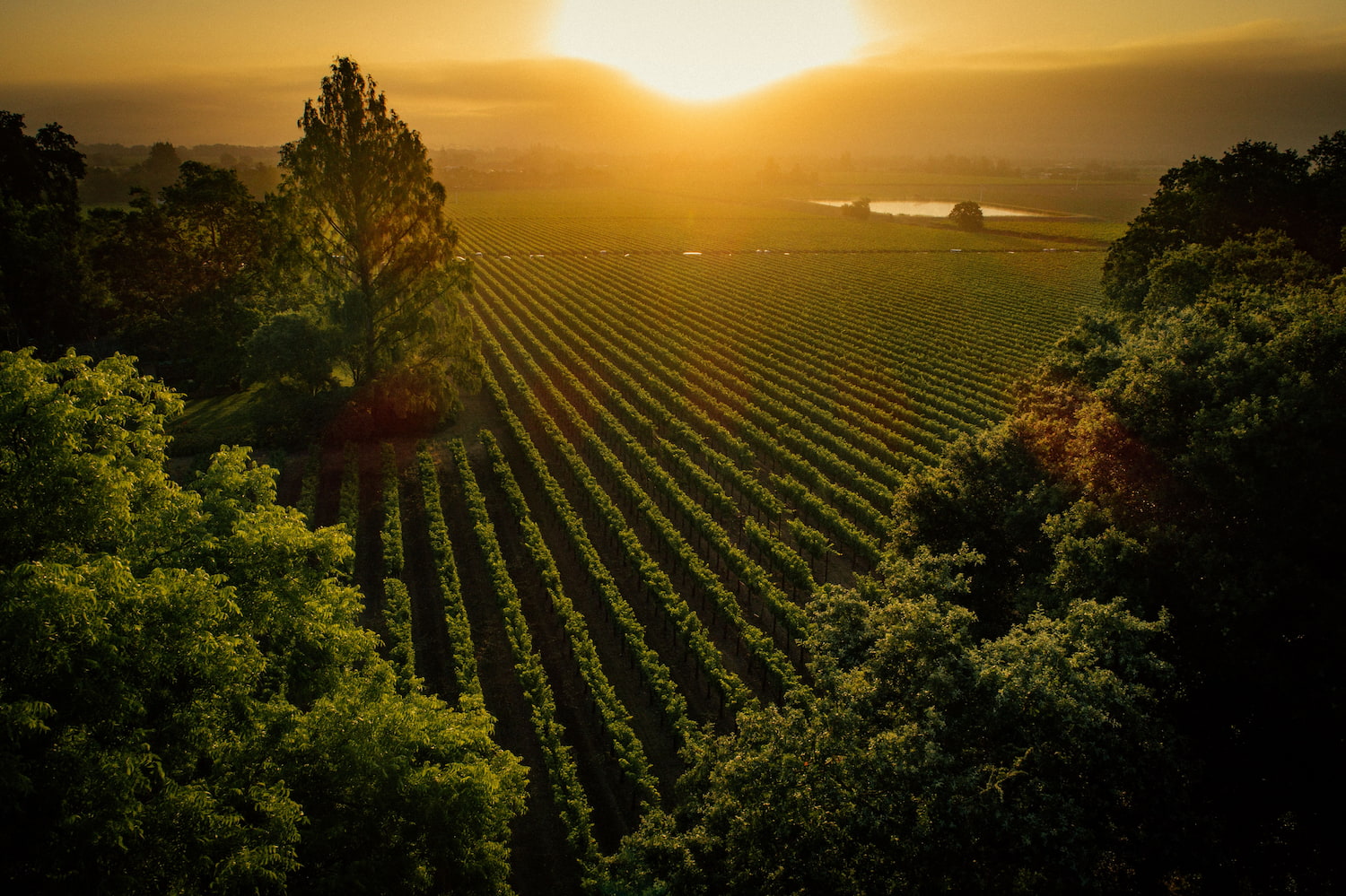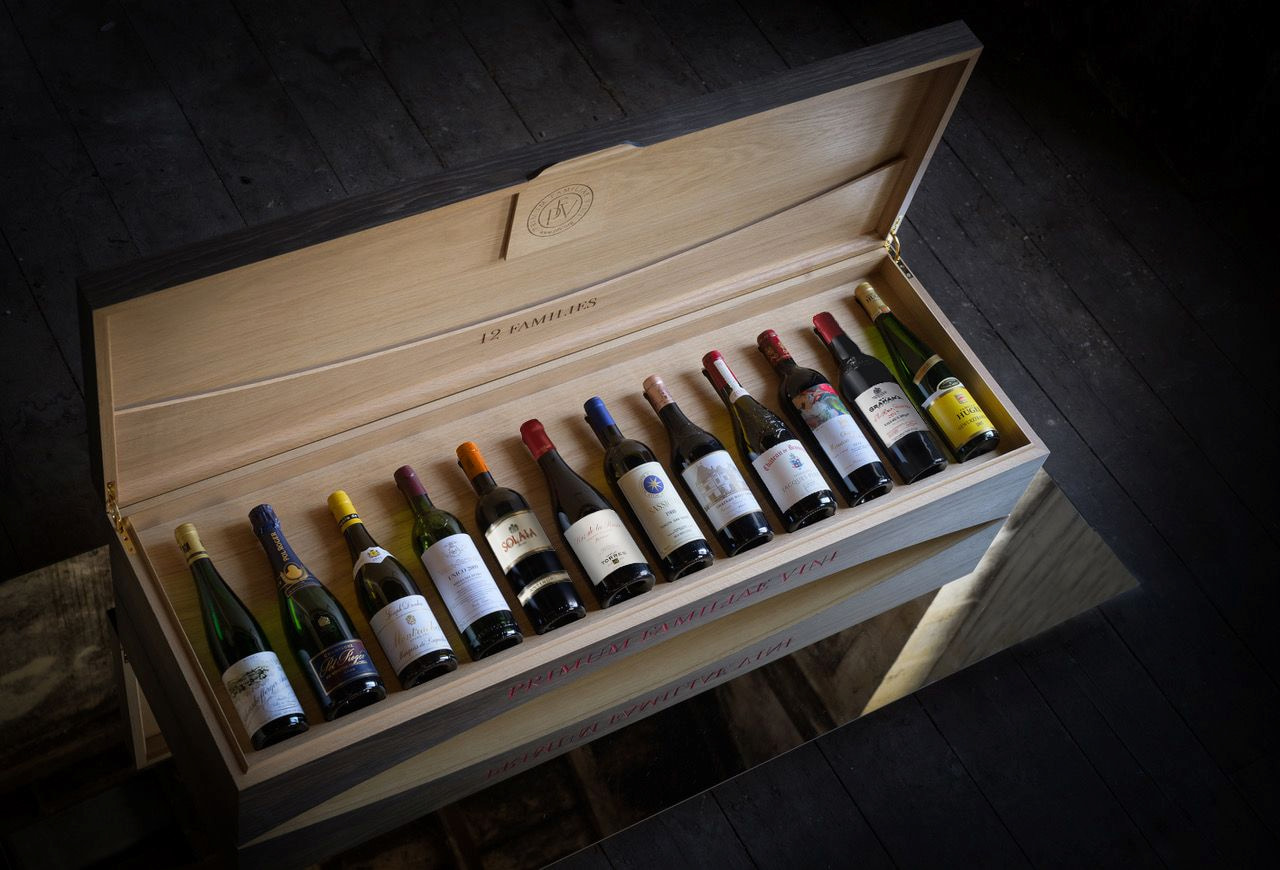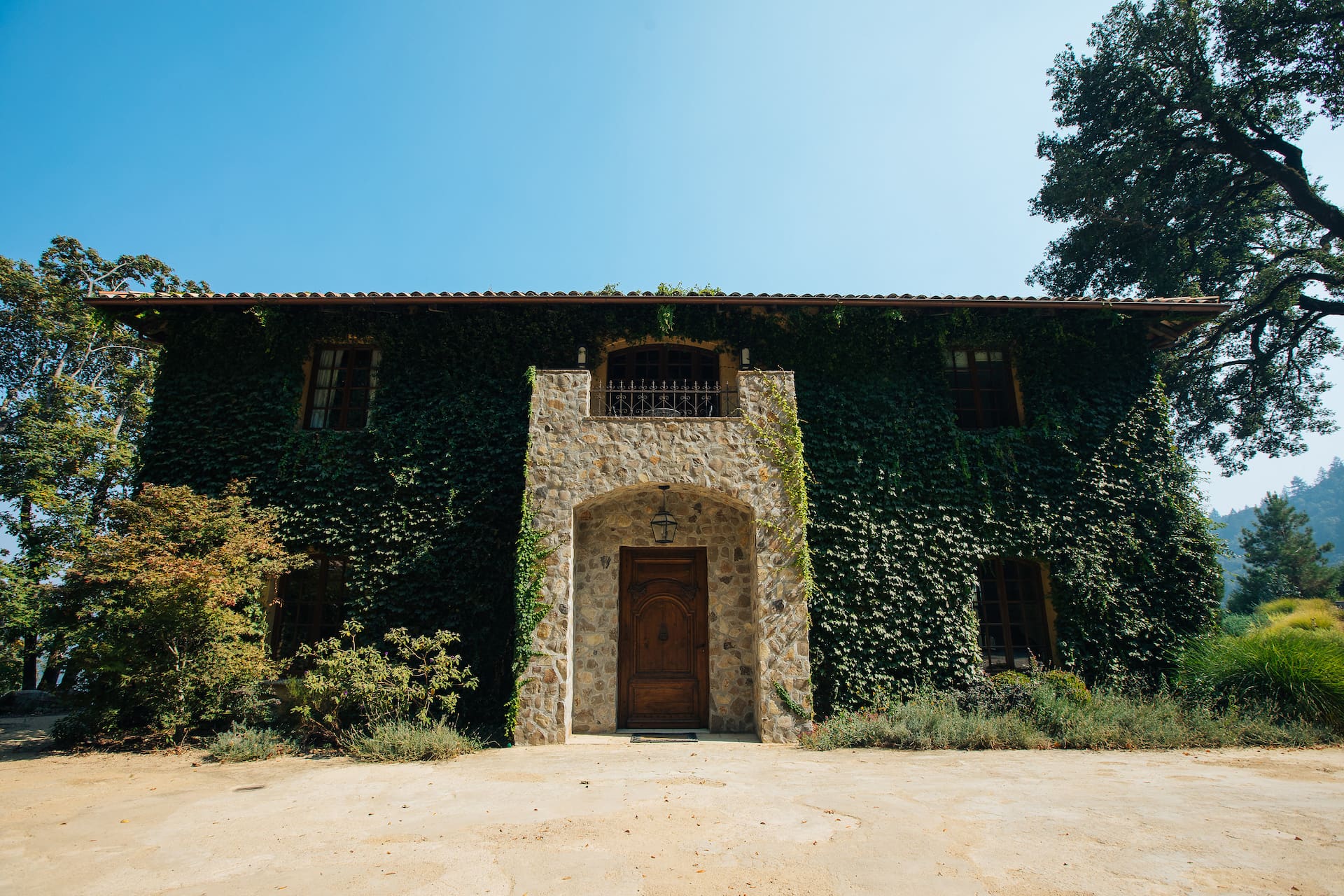I remember the first time I visited a wine region about 15 years ago on a trip up to Santa Barbara with my family. It was a revelation to see vineyards and to be in a tasting room drinking wine where the fruit came from. A very, very cool concept for this young wino to see.
I remember tasting a Chardonnay while at one of the wineries. The associate was reading us the notes directly from the menu (hmm…). I smelled, tried the wine, and insecurely said, “I think I taste peaches”.
I wasn’t quite sure, but that’s the first thing that came to mind. The woman responded: “Nope. This wine has citrus and green apple notes, but no stone fruit”.
Did I just give a “wrong” tasting note? At the time, I was slightly embarrassed, but didn’t think much of it. As I reflected on the experience, however, some questions came to mind.
Why did she say that? When is it ever okay, outside of a formal, educational setting, to tell a customer they are wrong?

This experience, along with having a sommelier tell you the wine you chose does not go with your food or all of the minutes (hours?) spent staring at the endless shelves of wine at a store with NO idea what to pick, all bind together to form your wine story. And, more often than not, the two lessons learned are: You don’t know much about wine, and, you’re a bit intimidated.
Here is where the wine industry can take some accountability, opening previously closed doors to new wine drinkers. Most consumers know next to nothing about wine when they start out. Most are intimidated when ordering or buying wine, especially when expanding their tastes. And most people’s eyes glaze over when they are talked to about wine.
So, how is it something so infinitely layered and fascinating as wine has also become so seemingly unapproachable? Simple!
The wine industry has always spoken to consumers a certain way, which can lead to experiences like my “peach” example above. Many have sat in a fine-dining establishment while a sommelier explained the high-altitude vineyards and well-draining soils of a wine they just poured only to have a member or two of the party ask if there really are plums or cherries IN the wine when the somm has left.
Consumers just beginning their wine journey don’t tend to care much about soils, micro-climates, or tertiary notes. Yes, there are exceptions, but the vast majority of people are not enthralled. Consumers love to drink wine, share with you what they know, and maybe learn a little.
The key to marketing to new wine drinkers is to authentically share a story. People today have SO much information coming at them. They seek authenticity, want to know they’re not being “sold”, and want to know the backstories. Essentially: the why. More on that in a bit!
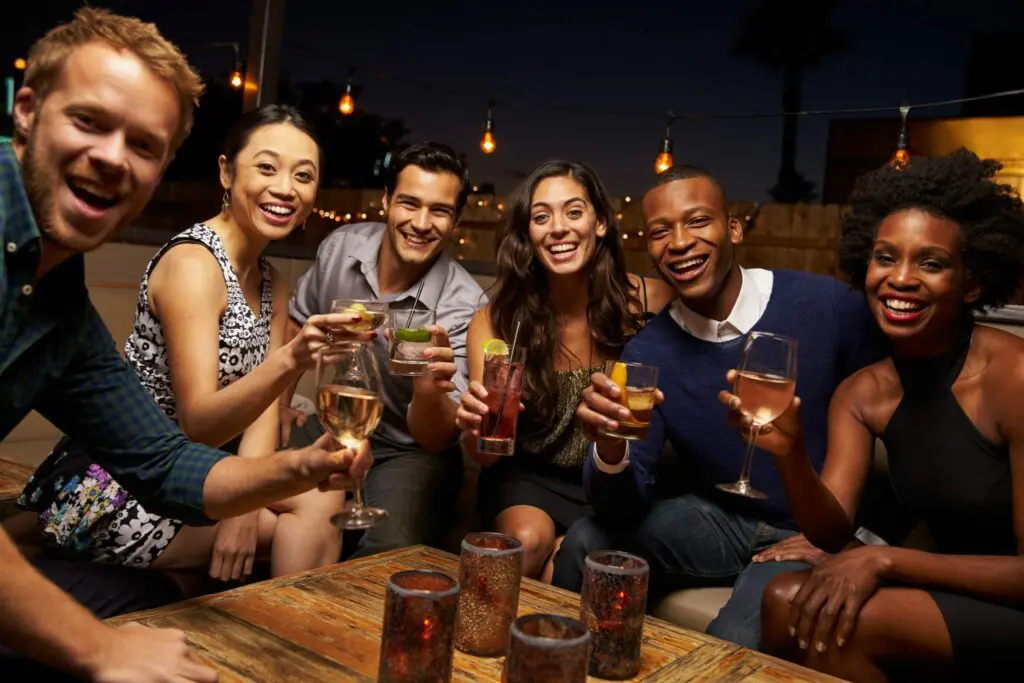
We lose people when we rely on tasting notes to sell wine or when we hire people who don’t have skills to communicate effectively. We need to be able to meet customers where they are.
There is an evolution that needs to take place if our industry wants to communicate to today’s consumer. Here are a couple things I’ve noticed in my time working with wine lovers of all experience levels:
1: We should help ease them into wine. The industry’s role is to encourage people to drink what they like, not to make them feel bad. Sure, you can drop a wine nugget or two that might cause them to rethink what they’re drinking, but they may be happy with what’s in their glass. It’s the old adage: the perfect wine for you is the wine in your glass right now. The industry should encourage drinkers to disregard those who tell them what they’re supposed to like. Ain’t nobody got time for that!
2: “We got you”. We are excited to help wine lovers learn when they are ready. People like sommeliers, salespeople, and winery staff are your wine safe space!
Both of these changes will help foster a sense of curiosity in many people and leave them ready to explore the world of wine.
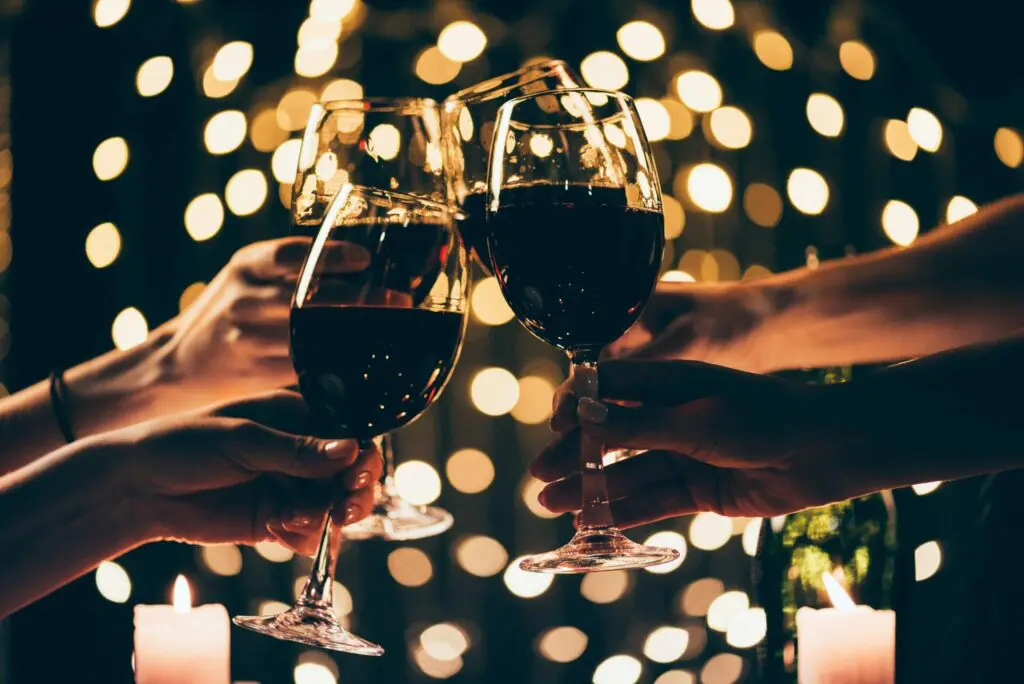
Wine drinkers, this message is for you:
Do you ever feel like you are being talked down to or judged? Or that the person reading pretentious tasting notes (“fallen leaves,” anyone?) just doesn’t get you? If so, that business is not for you. Refer back to #1 and #2 above: WE GOT YOU.
To my fellow wine industry members: this is your call to action!
Share your “why”, specifically with newer wine drinkers. Refer to Simon Sinek and his TedTalk, “Start with Why”. His philosophy is that businesses should first lead with their why, then talk about their what (their product or service), and finally end with how their product or service can help you.
The example he uses is Apple. The brand is built on innovation, modernity, and inspiration. They would not be who they are if they spoke to consumers like this: We make great computers. They’re beautifully designed, simple to use and user-friendly. Wanna buy one?
Instead, this is how Apple chose to show up, and speaks to how people still view Apple: Everything we do, we believe in challenging the status quo. We believe in thinking differently. The way we challenge the status quo is by making our products beautifully designed, simple to use, and user-friendly. We just happen to make great computers. Wanna buy one?
The wine industry currently sells wine like the first example: We make great wine. The wine is single-vineyard, handcrafted, and delicious. Want to buy some?
It’s a generic way to communicate and doesn’t convey anything about you or about the wine. Does the consumer want to know any of this? Do they care?
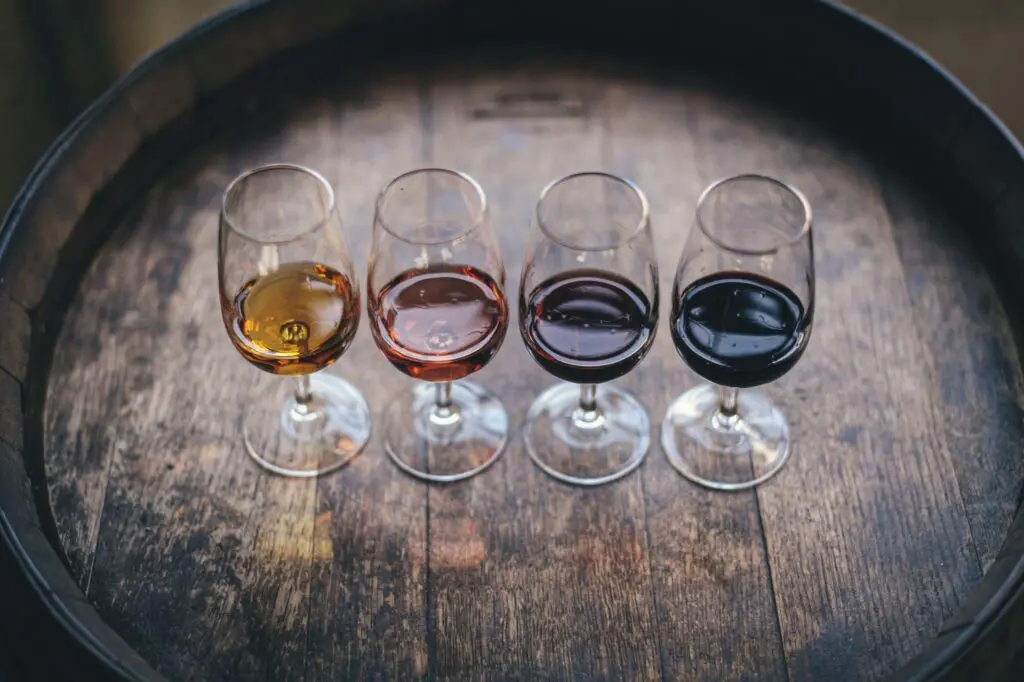
The producers who share their stories in a real, relatable way are the producers who reach multiple generations of wine drinkers. They share their why and lead with it. They’re sharing their triumphs over adversity, their diverse backgrounds, and they’re striving to create warm, welcoming tasting rooms.
I mean, just imagine walking into a tasting room that is not too precious or fussy, and instead of the usual soft jazz, they’re playing hip hop music. Not everyone in a tasting room wants a formal tasting experience.
When consumers walk into that tasting room, they’re going to feel more at home. I bet they’ll even feel more comfortable asking questions. They’ll enjoy hearing the stories of the wines. They won’t flinch when the tasting room associate asks them what they smell or taste instead of just spewing out generic notes. Show your character, producers. Show who you are!
“People don’t buy what you do, they buy why you do it.” – Simon Sinek
That’s how you build meaningful, long-lasting connections with consumers.
Brianne Cohen is an LA based event producer, certified sommelier, wine educator, and wine writer. During the pandemic, Brianne entertained over 7,000 people through her “Virtual Vino” online wine classes, regularly highlighting diverse (i.e. Black, BIPOC, female, and LGBT) owned wineries. She now offers both in-person (and virtual) wine tasting experiences for her corporate clients. Brianne regularly judges at international wine competitions, including the International Wine Challenge (IWC) in London and holds the WSET Diploma certificate. She writes on her own blog and for outlets such as Decanter, Vintner Project, and Kiplinger. She also holds an MBA from Loyola Marymount University. Brianne Cohen Wine & Events is a certified woman-owned business with WBENC.

